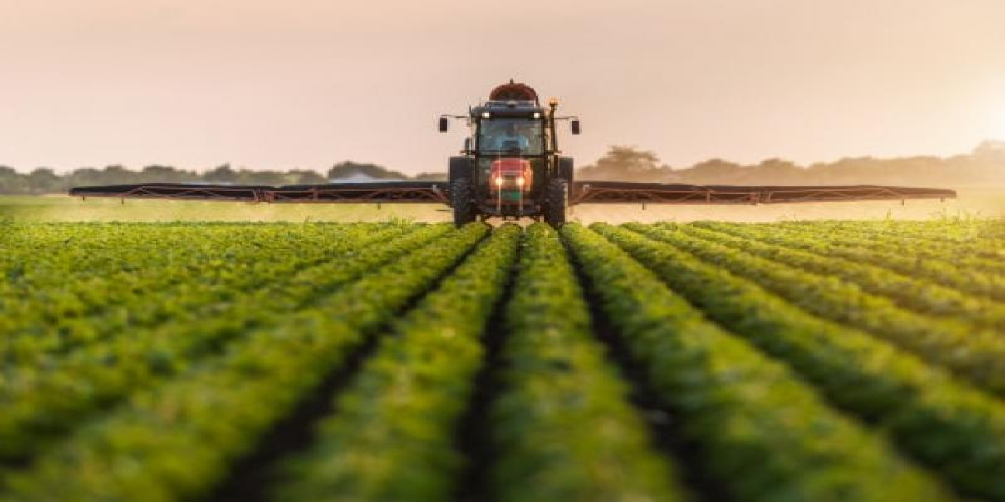
High prices make imports grow faster than exports in Brazil agribusiness
Jun, 21, 2022 Posted by Gabriel MalheirosWeek 202225
From January to May 2022, Brazil’s imports in the agribusiness sector equaled 30% of the revenue obtained from exports. The percentage had been only 24% during the same period last year.
This measurement includes commodities, fertilizers, agrochemicals, and agricultural machinery.
Agricultural commodity prices continue at record levels, but the growth pace has been lower than that of products with higher added value.
Brazil is one of the world’s leading suppliers of commodities, but it is also a major importer of value-added products, such as agrochemicals.
International demand for commodities remains firm, and lower inventories drive prices higher than in previous years.
The disruption caused by the pandemic and, as of February, the war between Russia and Ukraine made the cost of inputs exceed that of commodities.
In the medium term, the scenario is not comfortable for the country. The top agribusiness imports are products Brazil will hardly see domestic production in the short term.
Spending on fertilizers rose to US$ 9.6 billion in the first five months of this year, 178% above the same period last year. Imports of pesticides reached US$ 1.74 billion in the period, up 94%.
However, there are products on the list of imports that the country could enhance productivity and perhaps reverse this scenario of foreign acquisitions. Among them are milk, vegetables, fish, coconut, oranges, and even water.
Import pressure will persist in the second part of the year. On the one hand, input purchases are required to balance the demand for the next grain harvest. On the other hand, the country has been exporting less than the commodities sector predicted for the past two years. This is also one of the causes of the higher proportion of imports to exports.
In the second half o last year, the absence of corn in the trade balance caught the public’s attention. Brazil expected to export 40 million tonnes of the cereal in 2021, but the volume reached only 20.4 million due to drought and frost.
In the same second half, soybean exports also obtained a smaller share than expected. Production, estimated at up to 144 million tonnes, was close to 125 million, leaving fewer grains available for exports.
Wheat should weigh on the trade balance in the coming months. Taking advantage of the high prices seen in the first months of the year, Brazil exported 2.45 million tonnes until May, a record volume well above the 568 thousand tonnes exported in the same period in 2021.
Brazil should import 6.5 million tonnes this year to satisfy domestic demand. According to Secex (Secretariat of Foreign Trade), 2.57 million have already arrived.
A highly appreciated dollar, combined with high prices and lower income among people, holds back imports of industrialized and value-added products. This is the case for olive oil.
In the industrial sector, global inflation and the lack of electronic components made Brazilian spending on imports of agricultural machinery and tractors rise by 23% and 77%, respectively, this year.
The pace of imports in the agribusiness sector is much faster than that of exports, although the country has a good trade balance.
Total agribusiness exports amounted to US$ 63.98 billion from January to May, 29% more than in the same period last year. However, imports rose to US$ 19.5 billion in the same period, 63% more than in 2021. The fertilizer price boom is one factor responsible for this acceleration.
In the last 12 months, total agribusiness exports reached US$ 134.5 billion; imports were US$ 45.3 billion.
Source: Folha de S. Paulo
To read the full original article, please go to: https://www1.folha.uol.com.br/colunas/vaivem/2022/06/alta-dos-precos-faz-importacao-crescer-mais-do-que-exportacao-no-agronegocio.shtml
-
Oct, 02, 2024
0
Brazilian delegation engages in carbon emission reductions and decarbonization talks at IMO
-
Other Cargo
Jan, 11, 2023
0
Brazil: Espírito Santo exports pepper to the UAE, Egypt
-
Other Cargo
Apr, 09, 2025
0
USA Becomes the Largest Importer of Brazilian Eggs
-
Meat
Aug, 31, 2023
0
Argentina to resume chicken meat exports to the European Union



